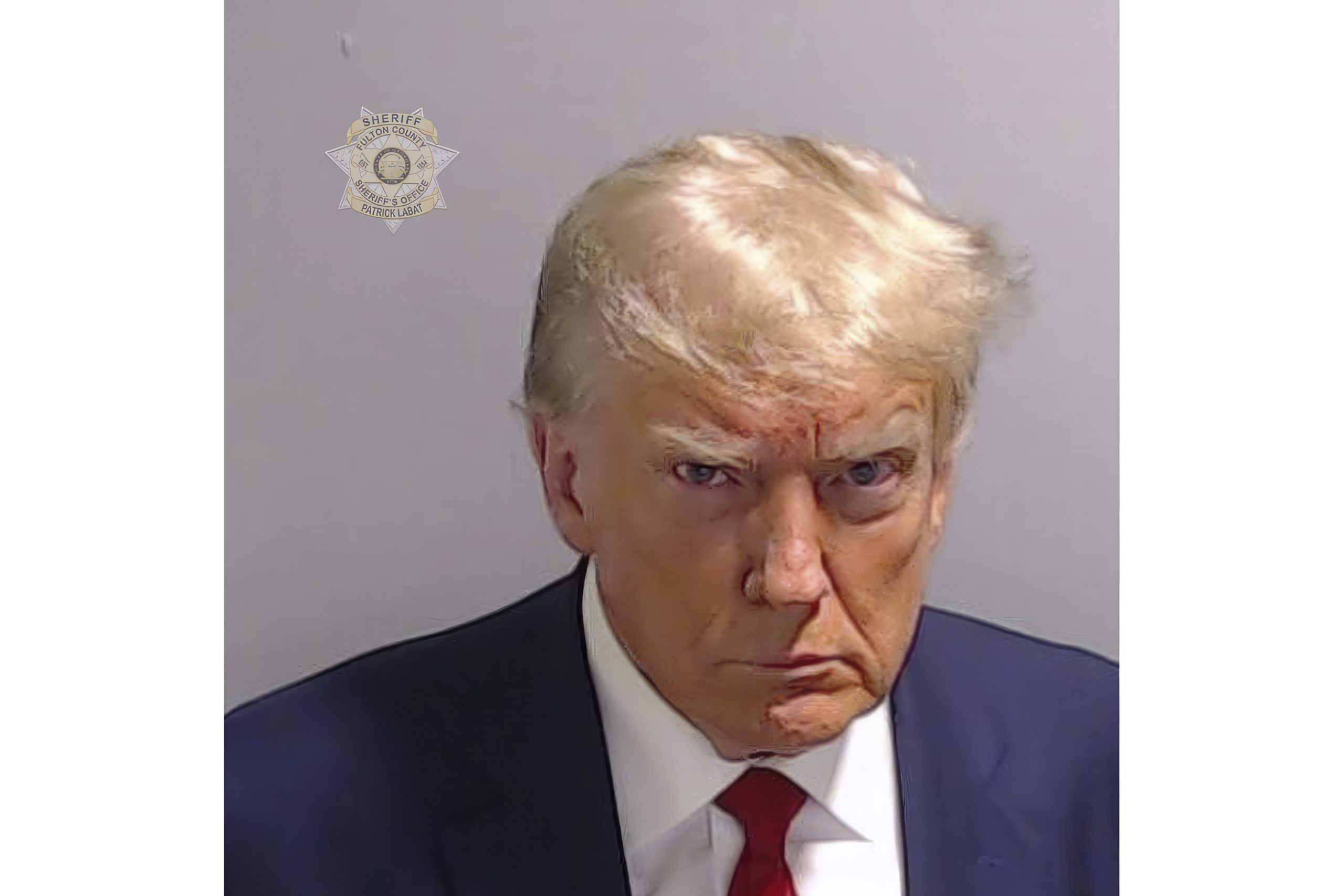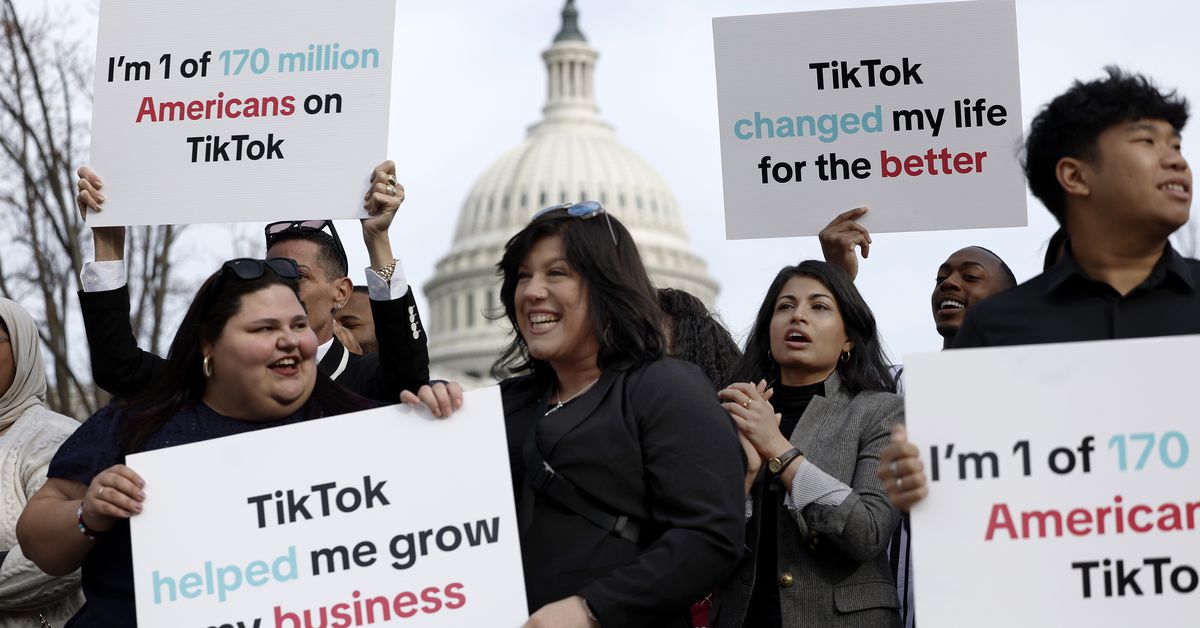Yes, the link below is on Trump, but here is what I found interesting:
I did see something that ties to that. A longtime Democratic operative in advertising has retired with dementia setting in. He wrote a book, and in it he suggested political ads around a person are useless. People today think only in terms of party, so ads should be directed at party. He may well be right. If he is, have we gone to parliamentary voting without the rest of the system?
The share of Americans who say they are following any kind of news closely dropped 13 points in the past eight years to just over one-third. And a segment of voters takes almost no notice of what’s happening at all, particularly when it comes to politics. According to studies conducted by pollster Ian Smith, up until a couple of months before an election, “people spend as little as ten minutes a week absorbing political news.” That’s 0.1 percent of voters’ time, about the same amount they spend brushing their teeth.
...
The ten-minute-per-week figure is why, according to Ian Smith, the news event that Americans heard about the most last year—a year that included the first indictment of a former president, the rare ousting of a House speaker amidst worsening Republican dysfunction, and gruesome wars in Ukraine and the Middle East—was actually the Chinese spy balloon.
Now I know people will object to the rest of the article (or applaud it). But it isn't my point. The Spy Balloon was the best-known news story of 2013 is curious compared to Ukraine and the war in the Middle East. If people are spending 10 minutes per week on news, what gets through.I did see something that ties to that. A longtime Democratic operative in advertising has retired with dementia setting in. He wrote a book, and in it he suggested political ads around a person are useless. People today think only in terms of party, so ads should be directed at party. He may well be right. If he is, have we gone to parliamentary voting without the rest of the system?



